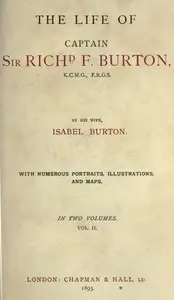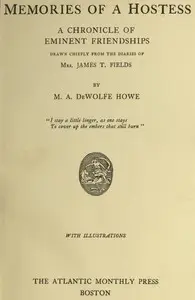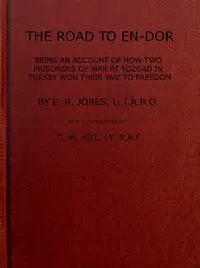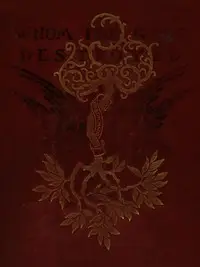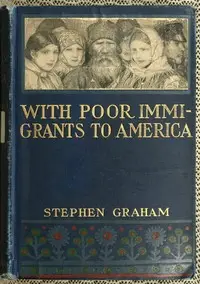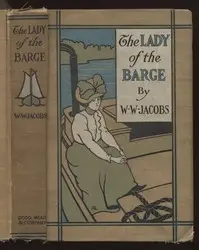"The Description of Wales" by Gerald of Wales is a historical account written in the late 12th century that explores the geography, culture, and inhabitants of Wales. The work is a detailed examination of the natural landscape, ancient divisions, and social customs of the Welsh people, reflecting a deep sense of national pride. Gerald, motivated by love for his homeland and a desire to counter the neglect of Welsh history by prominent historians, aims to illuminate the significance and character of Wales and its people. The beginning of the text presents Gerald’s aspirations for the work as he dedicates it to Stephen Langton, the Archbishop of Canterbury, expressing both humility and determination. He defends his decision to document Wales against critiques suggesting he should focus on more grand subjects. The opening also touches upon his previous writings and provides a brief outline of the geographical divisions and significant tribes of the Welsh itself. He emphasizes the distinctiveness of the Welsh, their bravery, and their customs while grappling with skepticism about the value of detailing what some perceive as a lesser-known region. Overall, Gerald aims to preserve and celebrate the essence of Wales through his observations and narratives, setting the stage for a comprehensive exploration in the subsequent chapters. (This is an automatically generated summary.)

The Description of Wales
By Cambrensis Giraldus
"The Description of Wales" by Gerald of Wales is a historical account written in the late 12th century that explores the geography, culture, and inhab...
Genres
Released
1997-11-01
Formats
epub3 (images)
epub (images)
epub
mobi (images)
mobi
Free Download
Overview
About the Author
Gerald of Wales was a Cambro-Norman priest and historian. As a royal clerk to the king and two archbishops, he travelled widely and wrote extensively. He studied and taught in France and visited Rome several times, meeting the Pope. He was nominated for several bishoprics but turned them down in the hope of becoming Bishop of St Davids, but was unsuccessful despite considerable support. His final post was as Archdeacon of Brecon, from which he retired to academic study for the remainder of his life. Much of his writing survives.
Total Reviews
10.0k
Total reviews from Goodreads may change



